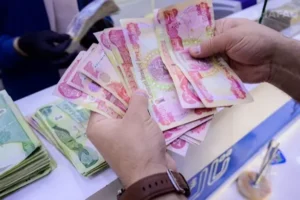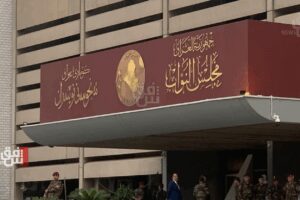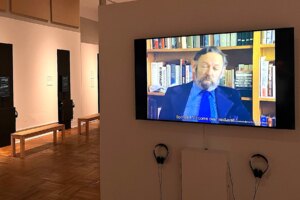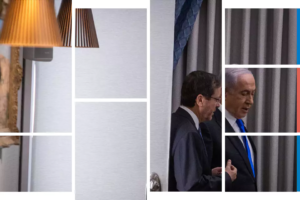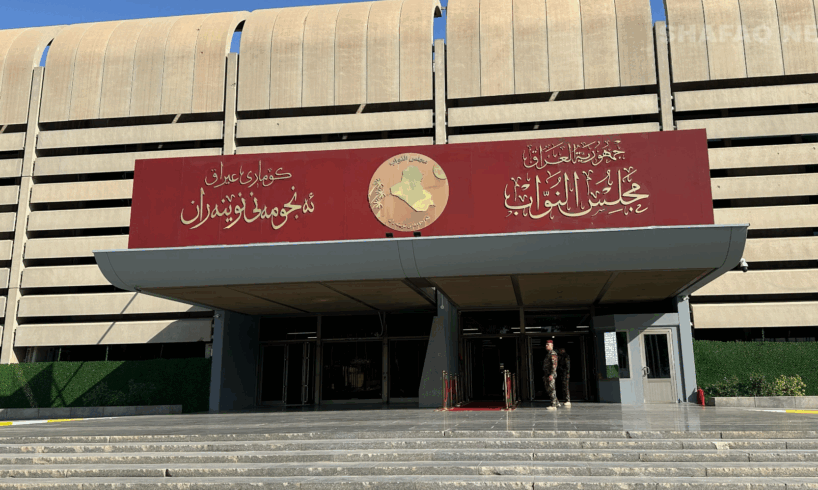
Shafaq News
Beneath the
domed chamber of Iraq’s parliament, 329 legislators convene in Baghdad’s
fortified Green Zone. Most receive an average of 1.296 billion Iraqi
dinars—over $980,000—across a single four-year term, covering salaries,
security detail stipends, and housing allowances. Yet, behind these quietly
mounting figures, a deeper paradox unfolds: a costly institution producing a
sparse legislative output—and little accountability over its own financial
privileges.
Since its
inauguration in January 2022, the current parliament—the fifth since the 2003
US-led invasion—has been mired in political fragmentation and persistent
gridlock. Sessions have dwindled to a fraction of what is mandated, some
canceled amid partisan clashes, others never held due to lack of quorum. Key
legislation, including the long-awaited oil and gas law and reforms to the
federal judiciary, remains stalled.
The Cost of
Representation
Shafaq News
conducted a months-long review of official budget data, internal financial
documents, and interviews with current and former MPs to calculate the real
cost of parliamentary service to the Iraqi state.
Findings
reveal stark variations in pay across electoral cycles, absent any consistent
financial oversight or transparency. During the first and second parliamentary
terms, MPs earned a base salary of 12 million dinars monthly, in addition to 40
million for security and 3 million for rent—regardless of whether they lived
outside Baghdad. Totaling 55 million dinars per month, the cost per MP during
that period surpassed 2.6 billion dinars over four years.
Although
partial reductions were introduced during the third and fourth
sessions—dropping the salary to 7 million dinars and cutting protection
allowances to 16 million—total monthly costs remained substantial.
In the
current session, each MP receives 8 million dinars in salary, 16 million for
security, and a 3-million-dinar housing stipend for non-Baghdad residents,
amounting to 27 million dinars monthly, or 324 million annually. Across 329
legislators, the yearly wage and benefits burden surpasses 426 billion dinars
($290 million), excluding administrative overhead, employee salaries, and
committee-related expenses.
A
Dysfunctional Institution
Despite
generous allocations, Iraq’s parliament held only 132 sessions between 2022 and
spring 2025—far fewer than the 256 sessions required under internal
regulations. That figure reflects both calendar disruptions and internal
paralysis, most visibly marked by the leadership vacuum following the dismissal
of Speaker Mohammed al-Halbousi in November 2023 over allegations of forging a
resignation letter—a first since 2003.
Several
lawmakers described the legislative process as directionless. “Debate has
become a proxy for political maneuvering,” said a former MP.
Major
bills—including a controversial 2023 three-year budget and amendments to the
General Amnesty Law—were passed, but dozens more remain stalled due to a lack
of consensus or absenteeism.
Discretionary
Spending and Loopholes
The cost of
maintaining MPs extends beyond official salaries. Security stipends are
intended to cover the wages of up to 16 guards per legislator, but interviews
suggest this money is often repurposed.
“Some MPs
only hire a driver or a single aide,” said a former parliamentarian. “The rest
is quietly diverted to office expenses or personal use. On paper, it’s all
proper, but the reality is more flexible.”
In a country
grappling with crushing public debt and underfunded health and education
sectors, these opaque privileges raise urgent questions about national
priorities. Although lawmakers voted in 2011 to scale back their benefits
following public pressure, enforcement remains weak.
In 2018,
Iraq’s Supreme Federal Court issued a decision mandating reductions in MP
salaries—especially for those without advanced degrees. However, implementation
was uneven, and key exemptions diluted the ruling’s budgetary impact.
Government
officials speaking on condition of anonymity told Shafaq News that new perks
have quietly been added through internal resolutions that bypass media
scrutiny. “The reductions were cosmetic,” one official said. “In reality, there
have been hidden increases.”
Legal
Shielding and Structural Conflicts
The
entrenchment of these privileges is reinforced by two legislative frameworks:
Law No. 13 of 2018, which governs parliament’s functioning, and Law No. 28 of
2011, which regulates MP salaries and benefits. Both equate lawmakers to
ministers in terms of entitlements—a status that can only be modified through
parliamentary vote, effectively allowing legislators to set their own pay.
Legal expert
Alaa Shwan described this as a textbook conflict of interest. “We’re looking at
an institution that writes its own rules, then legalizes its benefits in the
name of constitutional authority,” he said.
While public
criticism over wasteful spending has intensified amid economic hardship,
efforts to curb privileges have largely stalled. Without an independent
oversight mechanism or budgetary accountability, analysts warn that the gap
between parliamentary cost and public value will continue to grow.
“This isn’t
just about numbers,” Shwan added. “It’s about a broken system that rewards
dysfunction—and shields itself from reform.”
Written and
edited by Shafaq News staff.
